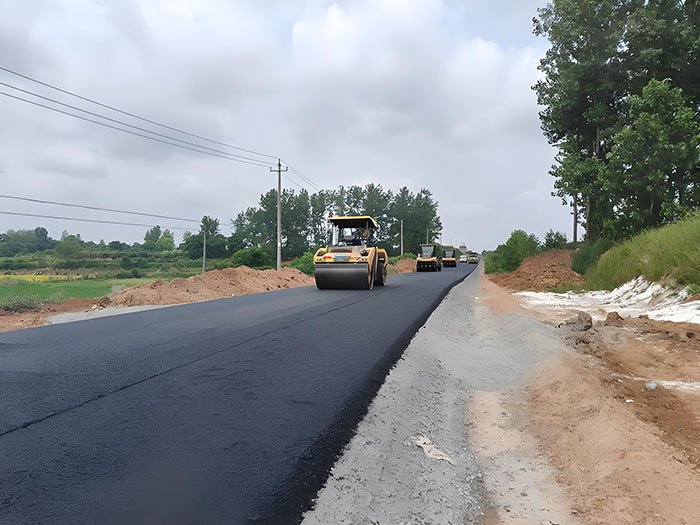The main differences between 70 asphalt and 90 asphalt are reflected in the following aspects:
1. Penetration: The penetration of asphalt grade 70 is 60-80. The penetration degree of 90 asphalt is 80-100. Penetration reflects the degree of softness and hardness of asphalt, and the larger the value, the softer the asphalt.
2. Ductility: The ductility of 70 asphalt is 25. The elongation of 90 asphalt is 45. Ductility represents the plasticity of asphalt, which refers to the property of being able to deform without breaking under external forces and maintain its shape unchanged after deformation.
3. Dynamic viscosity: The dynamic viscosity of No. 70 asphalt is 180Pa · s. The dynamic viscosity of 90 asphalt is 160Pa · s.
4. Softening point: The softening point of No. 70 asphalt is 46 degrees Celsius. The softening point of 90 asphalt is 45 degrees Celsius. The softening point represents the stability of asphalt.
5. Usage area: Due to the hardness of 70 asphalt, it is suitable for use in warm and high temperature areas in the south. And 90 asphalt is softer and more suitable for use in cold and cooler regions in the north.
In summary, the main differences between 70 asphalt and 90 asphalt are their penetration, elongation, dynamic viscosity, softening point, and applicable regions. These differences give the two types of asphalt their respective advantages under different climate and road conditions.


